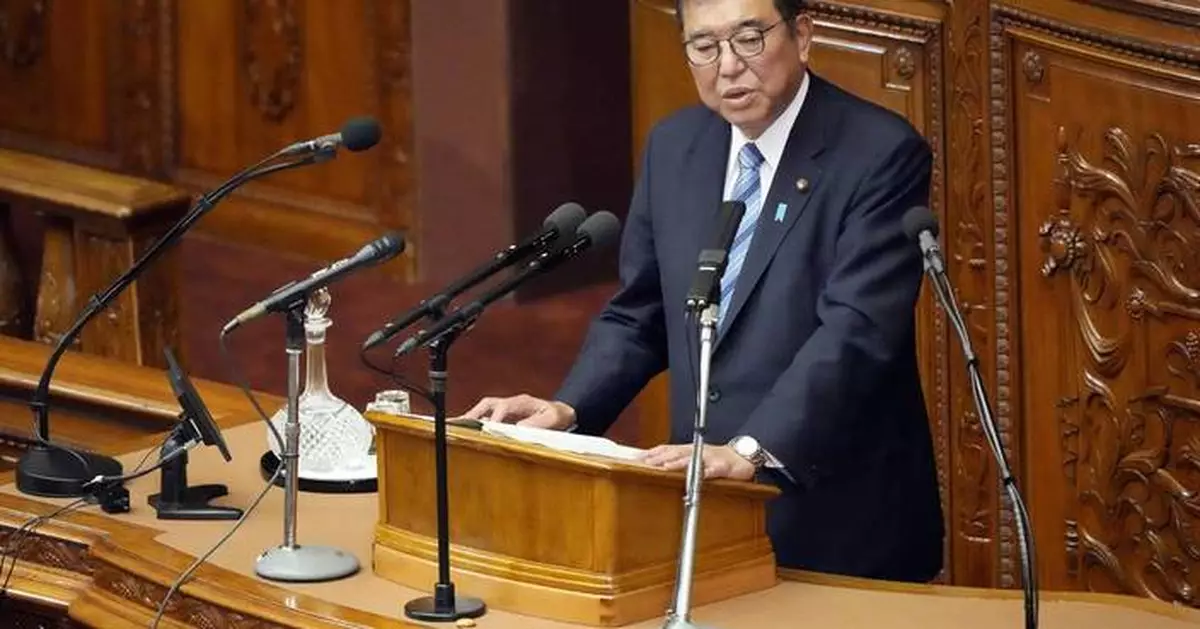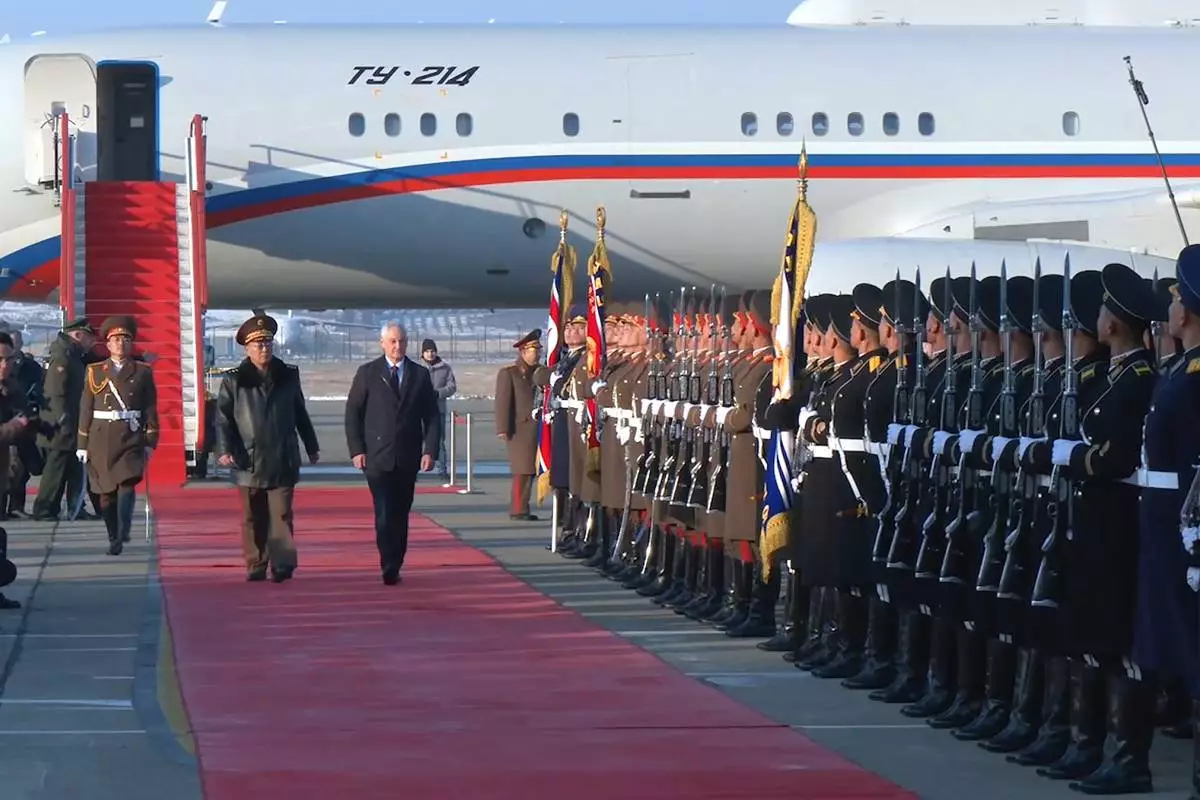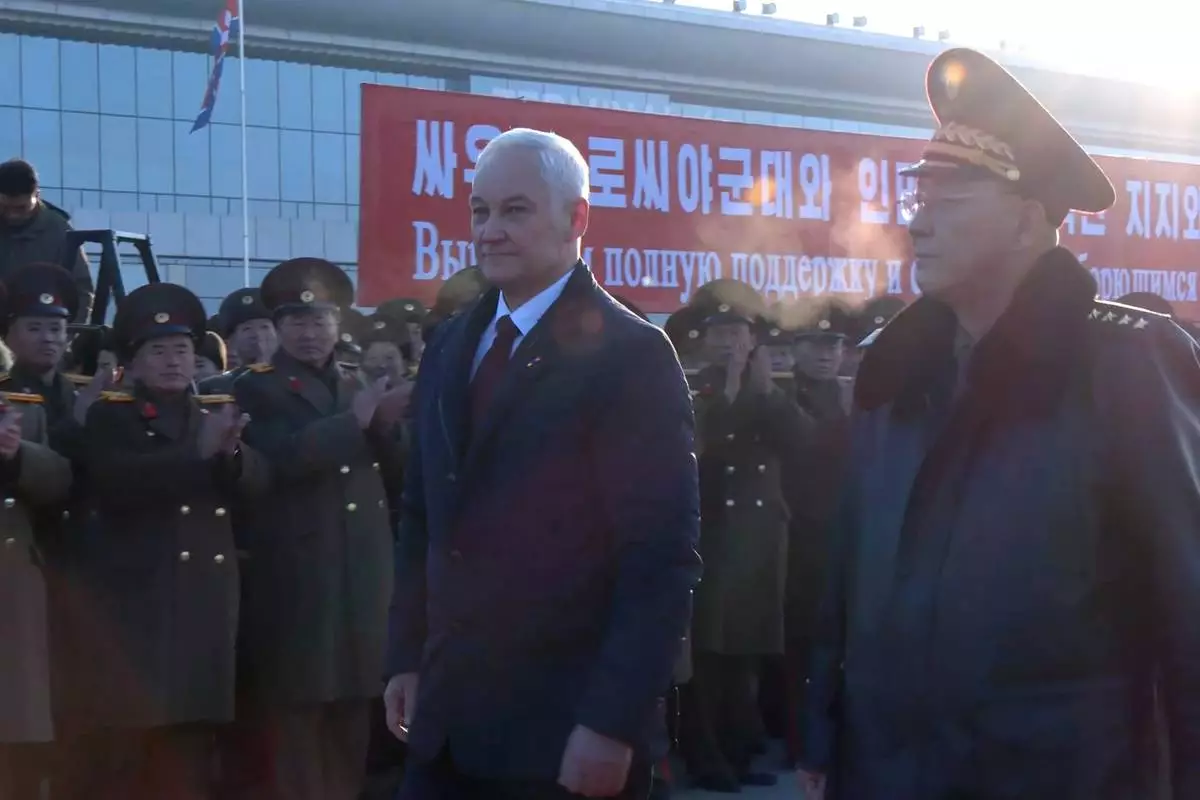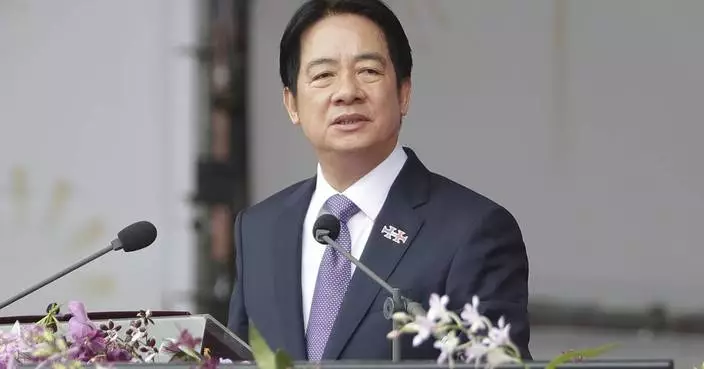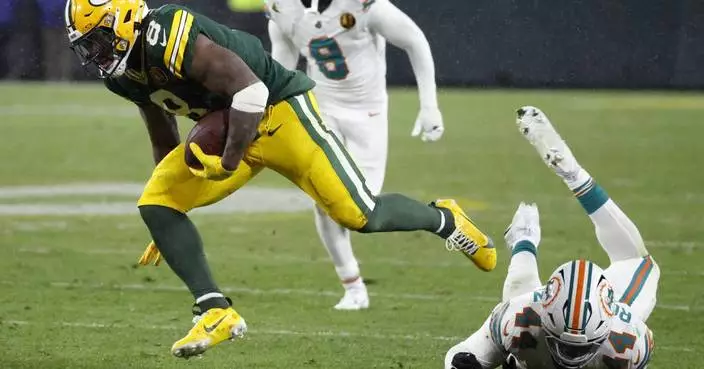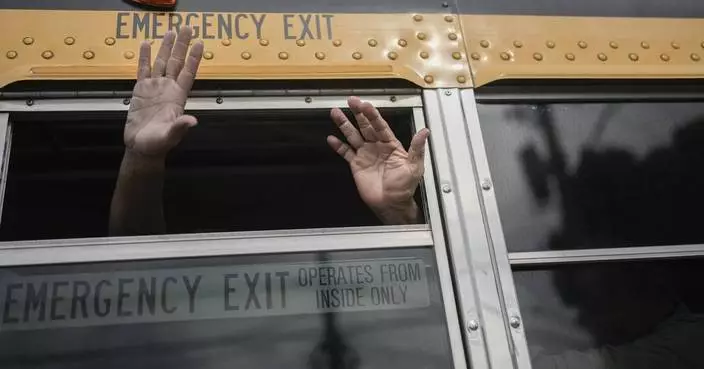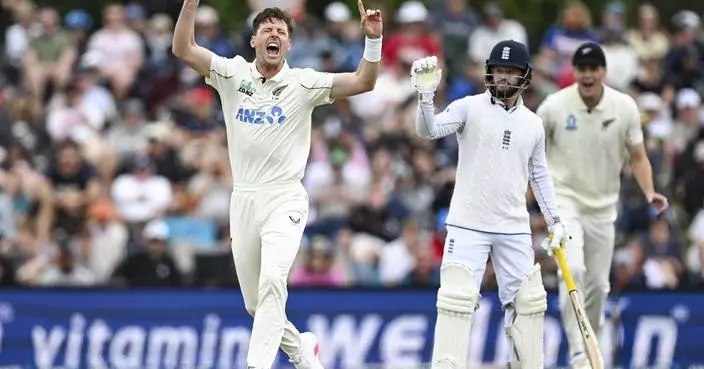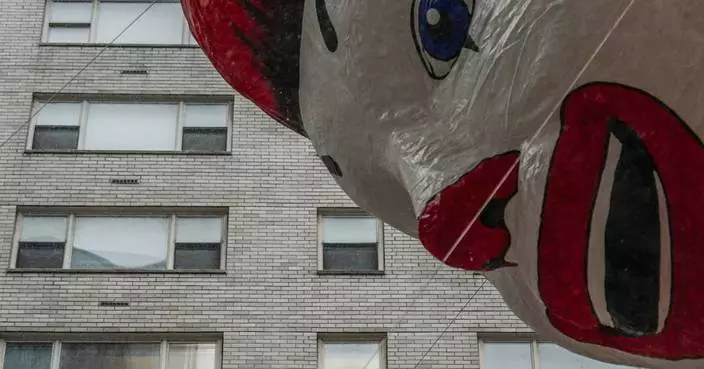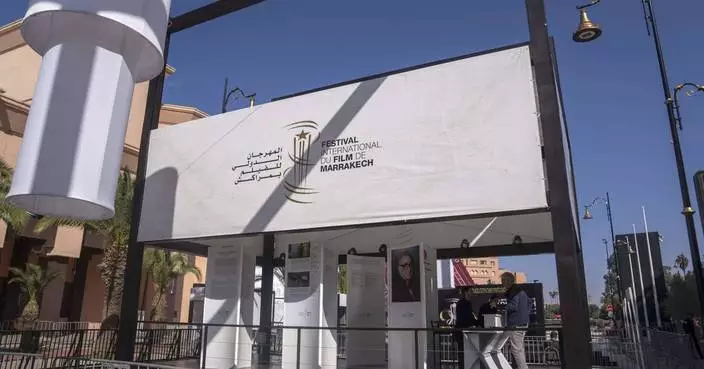TOKYO (AP) — Embattled Japanese Prime Minister Shigeru Ishiba, who survived as leader after a major election loss by his governing coalition, promised Friday to work closely with the long-ignored opposition that is now the only way his minority government can stay in power.
Ishiba’s Liberal Democratic Party and its junior partner Komeito together lost a majority in the 465-seat lower house, the more powerful of Japan’s two-house parliament, in the Oct. 27 elections. He needs support from opposition parties to keep his fragile government alive. The election loss was blamed on voter anger over his party’s financial misconduct, and he is trying to quickly tackle reforms.
“We will thoroughly listen to other parties and form a consensus as broadly as possible as we sincerely and humbly seek to protect the safety and security of the people,” Ishiba said Friday in his first policy speech since his reappointment as prime minister after the election.
At home, he faces tough negotiations with the opposition. The LDP coalition has long forced through its favored legislation by taking advantage of its dominance in parliament, a routine set under ex-Prime Minister Shinzo Abe and criticized as autocratic.
Without a majority, Ishiba will struggle in coming months to gain consent from the opposition on the budget and other legislation, raising worry about a political deadlock. But experts say the situation could also lead to more public debate and transparency in the policy-making process.
Ishiba, known as a critic of the late Abe, may find that his minority government offers a chance to restore a more democratic way of deciding policies.
“I believe the way democracy should be is for each party to reflect diverse voices of the people and discuss policies sincerely and achieve better results," Ishiba said.
Ishiba's LDP has been cooperating closely with a smaller rising party, the conservative Democratic Party for the People, whose seats quadrupled to 28 in the October election under its popular leader, Yuichiro Tamaki. His proposal for raising the basic tax-free income allowance and increasing take-home wages has garnered support from low-income and younger voters. Ishiba's coalition has been negotiating toward achieving the proposals.
Ishiba said Friday he hopes to have “candid discussions” with U.S. President-elect Donald Trump when he takes office in January to further elevate the Japan-U.S. alliance as “the cornerstone of Japan’s diplomatic and security policies.” But he wants the relationship to be more equal.
He is expected to face tough demands from Trump that Tokyo pay more for the 50,000 U.S. troops stationed in Japan under a bilateral security pact.
Ishiba said he will propose to the United States the joint use of American bases and military facilities with Japan’s Self-Defense Forces. He will also seek to “resolve problems stemming from the American troop presence,” he said. Ishiba has advocated a revision to the Status of Forces Agreement that gives the United States the right to investigate accidents and crimes that occur on Japanese soil. It has been criticized by many as unequal.
He reiterated the importance of pursuing a significant buildup of Japan’s defense power to deal with growing threats from China, Russia and North Korea, while cooperating with the United States and other like-minded partners.
Ishiba also pledged to revitalize Japan’s economy, especially in suburban areas, to promote growth led by an increase in wages and investment, while building resilience to natural disasters — issues less likely to be opposed by the opposition. He recently began preparations for a long-pursued disaster ministry, planned for launch by March 2027.
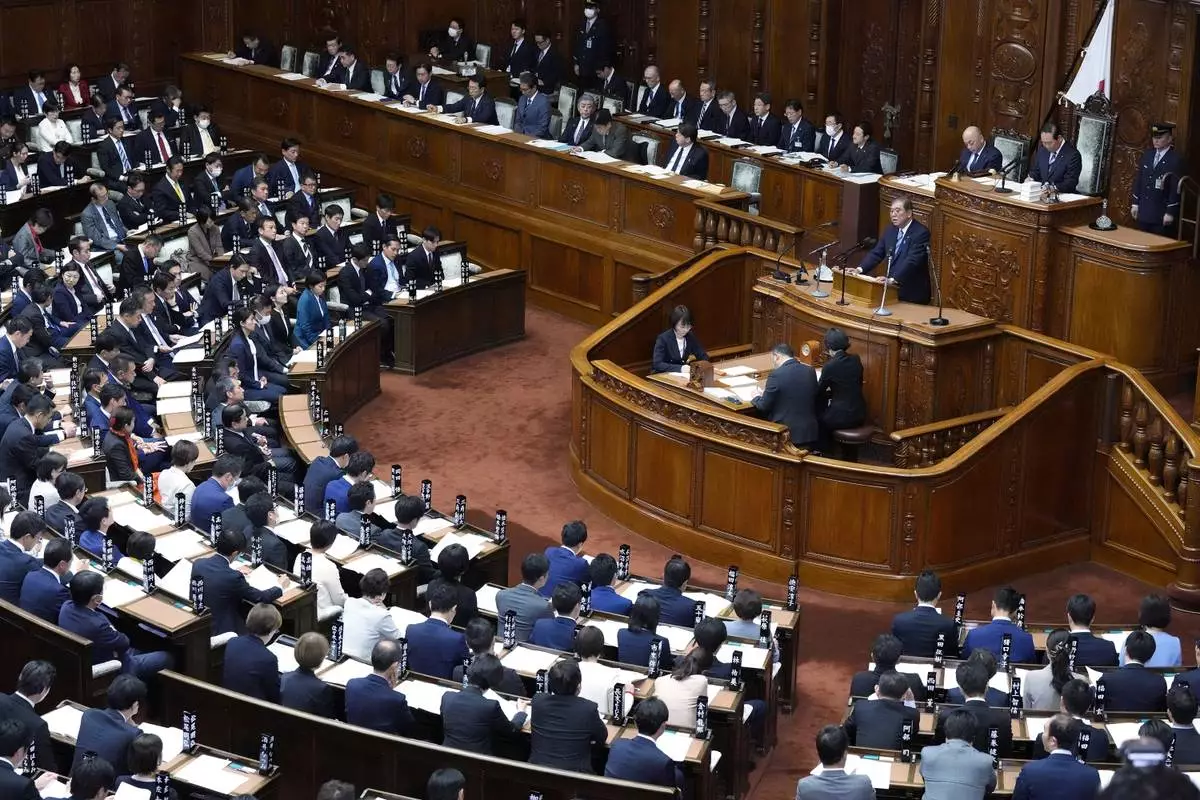
Japanese Prime Minister Shigeru Ishiba delivers his policy speech at the extraordinary session of parliament's lower house Friday, Nov. 29, 2024, in Tokyo. (AP Photo/Eugene Hoshiko)
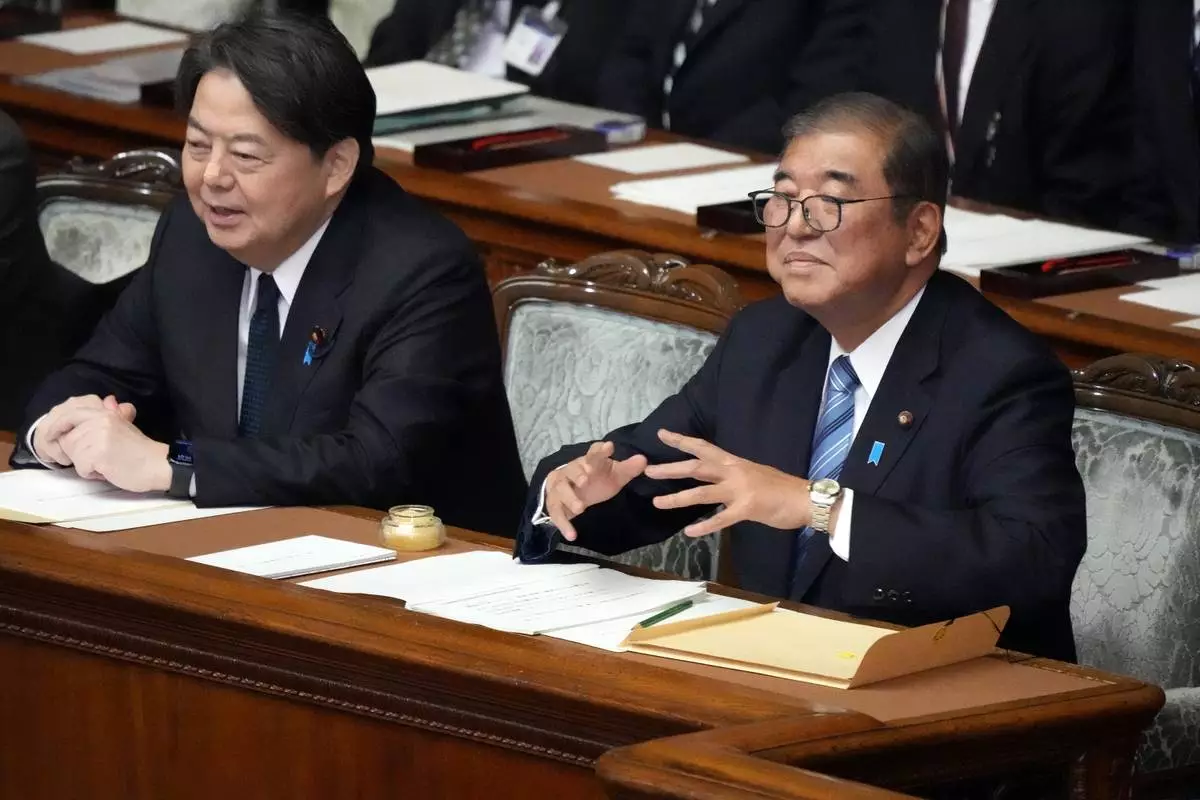
Japanese Prime Minister Shigeru Ishiba, right, gestures before delivering his policy speech at the extraordinary session of parliament's lower house Friday, Nov. 29, 2024, in Tokyo. (AP Photo/Eugene Hoshiko)
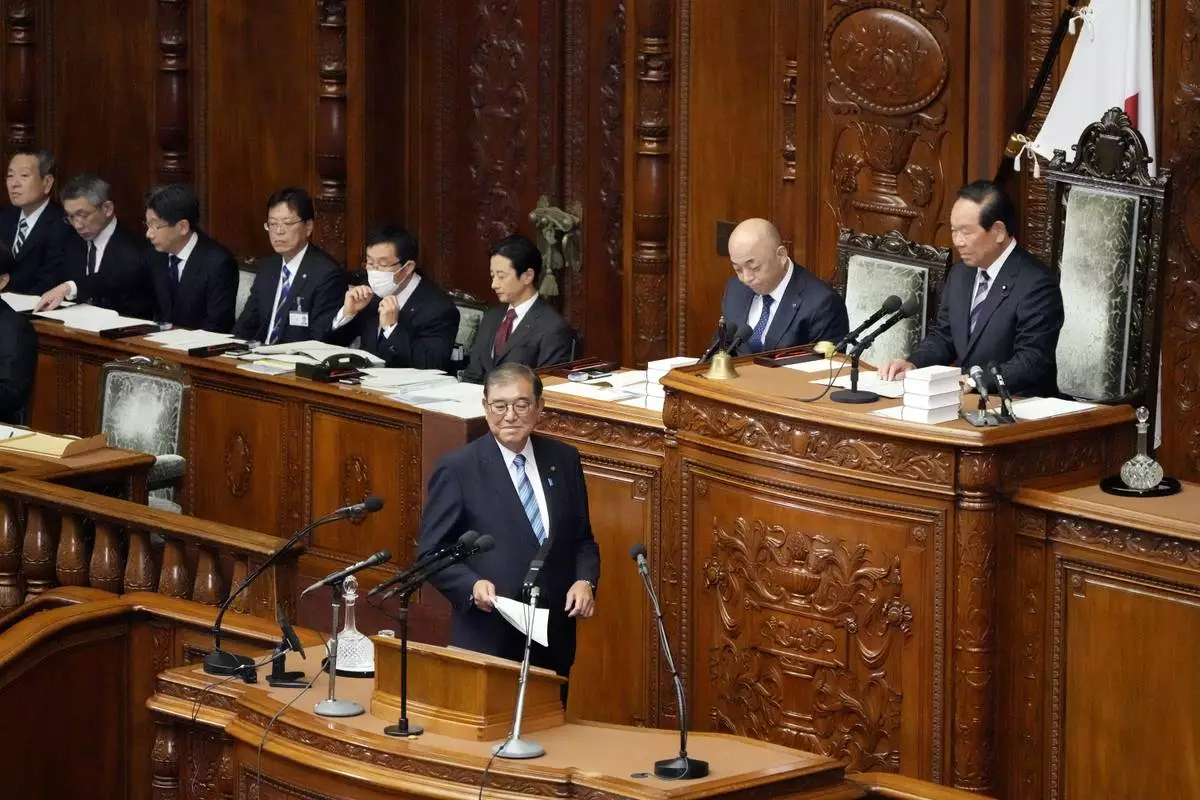
Japanese Prime Minister Shigeru Ishiba prepares to deliver his policy speech at the extraordinary session of parliament's lower house Friday, Nov. 29, 2024, in Tokyo. (AP Photo/Eugene Hoshiko)
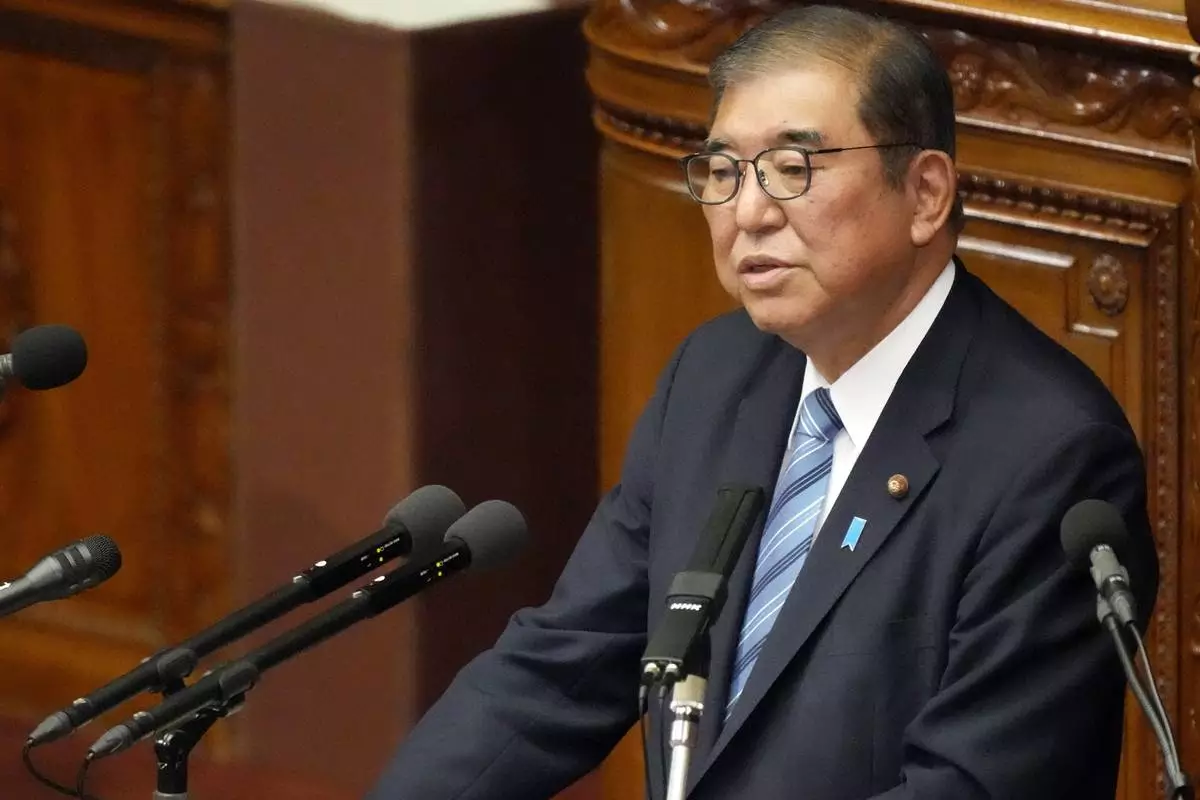
Japanese Prime Minister Shigeru Ishiba delivers his policy speech at the extraordinary session of parliament's lower house Friday, Nov. 29, 2024, in Tokyo. (AP Photo/Eugene Hoshiko)
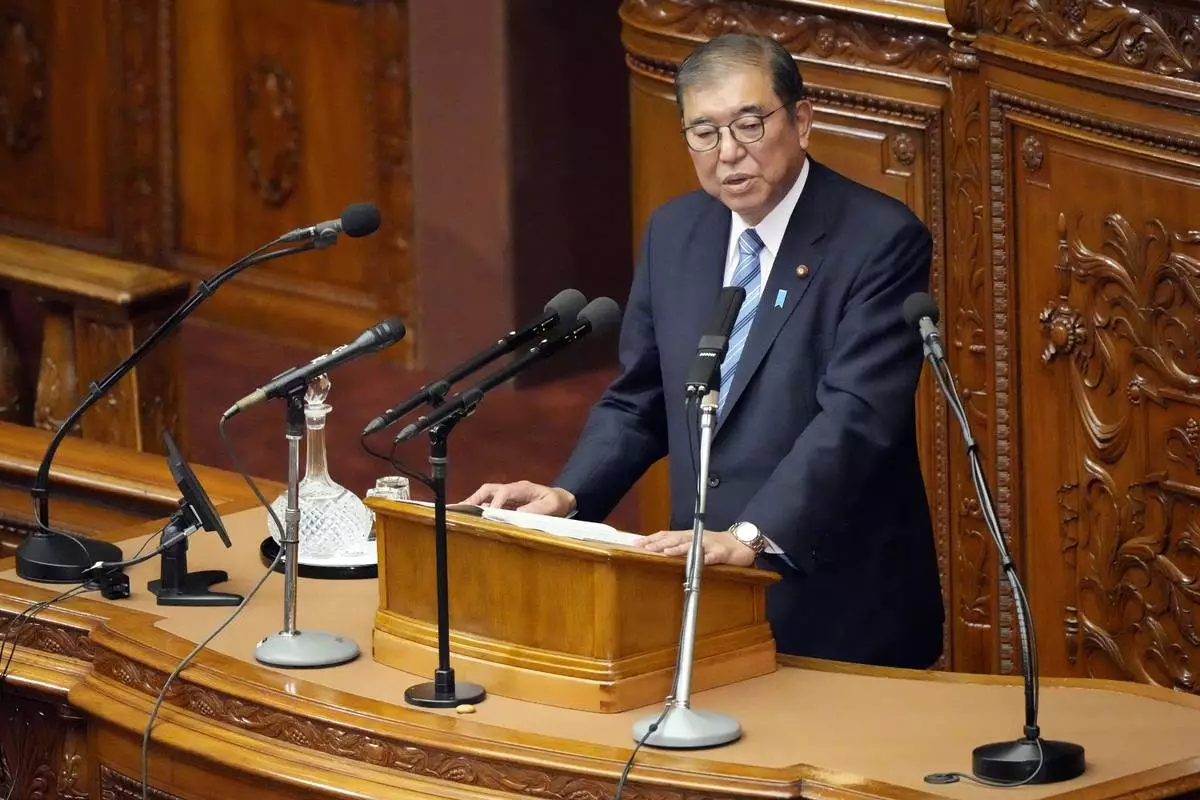
Japanese Prime Minister Shigeru Ishiba delivers his policy speech at the extraordinary session of parliament's lower house Friday, Nov. 29, 2024, in Tokyo. (AP Photo/Eugene Hoshiko)


